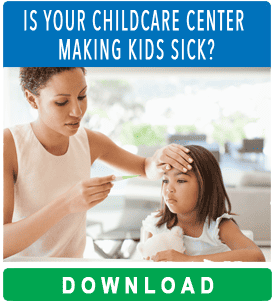Originally Published by Pew Trusts
Cases of a dangerous, extensively drug-resistant (XDR) strain of shigella—an easily transmissible bacteria that results in serious, potentially life-threatening gastrointestinal infections—are on the rise in the United States, according to a recent health advisory from the federal Centers for Disease Control and Prevention. Although shigella causes an estimated 450,000 infections in the U.S. each year, none had been linked to the highly resistant strain before 2015. Since then, infections with the XDR strain have been reported in 29 states and now make up about 5% of all cases nationwide.
The new strain has proved resistant to all five commonly recommended antibiotics: azithromycin, ciprofloxacin, ceftriaxone, trimethoprim-sulfamethoxazole, and ampicillin. Without these antibiotic options, there is currently no clinical data on what treatment options might work. Amplifying the threat, these bacteria not only spread easily from person to person (requiring only a small number of bacteria to make someone ill), but the resistance genes can also spread readily to other types of bacteria.
Unfortunately, XDR shigella is not the only alarming recent development in the growing threat of antibiotic-resistant bacteria. Already this year, the nation has seen an outbreak of drug-resistant bacteria associated with eye medication and the discovery of a novel strain of antibiotic-resistant gonorrhea. These types of emerging threats highlight the critical need for new antibiotics.
>>CLICK HERE to read the Full Article on PewTrusts.org.





